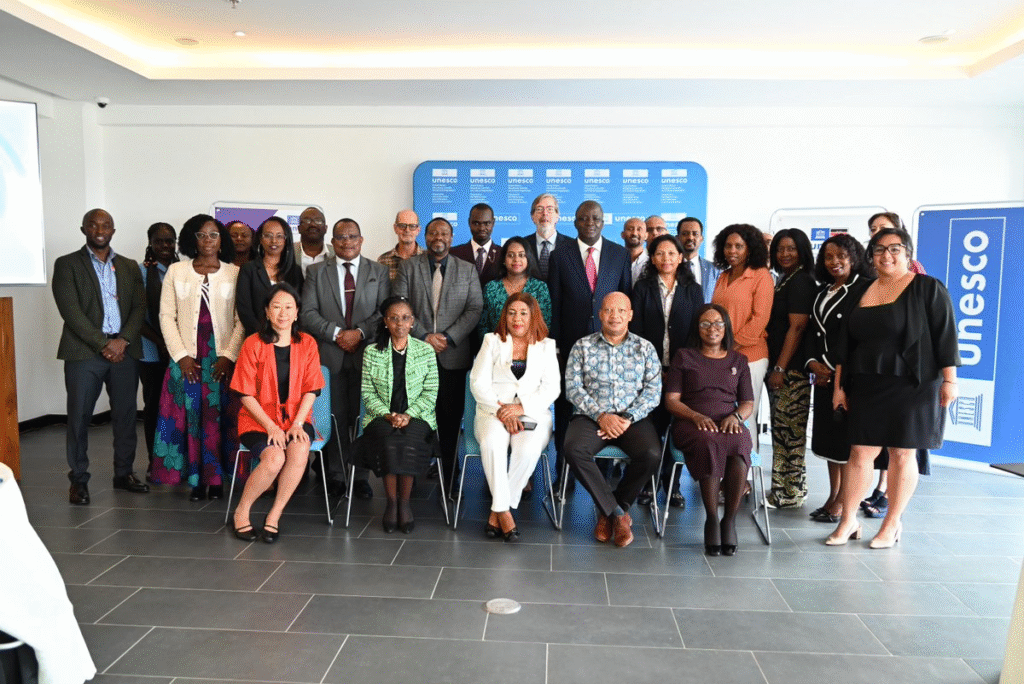URA’s Musinguzi Champions EFRIS for Boosting Tax Efficiency and Revenue

John R. Musinguzi, Commissioner General of the Uganda Revenue Authority, highlighted the transformative role of the Electronic Fiscal Receipting and Invoicing Solution in improving Uganda’s Tax-to-GDP ratio.

John R. Musinguzi, the Commissioner General of the Uganda Revenue Authority (URA), has said that increased adoption of the Electronic Fiscal Receipting and Invoicing Solution (EFRIS) could significantly enhance Uganda’s Tax-to-Gross Domestic Product (GDP) ratio.
Speaking at the URA headquarters in Nakawa recently, Musinguzi described EFRIS as a transformative tool for transparency and efficiency in tax administration. He hailed it as one of the most impactful technologies in modern taxation.
Introduced in 2021, EFRIS is used to manage the issuance of receipts and invoices, improving the reporting of Value Added Tax (VAT). While the system has been met with mixed reactions from the public, Musinguzi emphasized its benefits, particularly in easing tax refunds for users.
“Once taxpayers on EFRIS put in their claim, we are obliged to give them their refunds promptly, and they are beginning to embrace the technology,” he noted.
The Commissioner General explained that businesses using EFRIS face minimal audits, which expedites the refund process. Traditional audits, he said, can take years due to limited personnel, leading to a backlog of claims.
“With transparent systems like EFRIS, where all transactions are conducted online and visible to us, we can promptly process and pay claims,” Musinguzi explained.
He expressed optimism that continued sensitization and public engagement would address resistance to EFRIS, ultimately improving Uganda’s Tax-to-GDP ratio and fostering a more efficient tax system.







